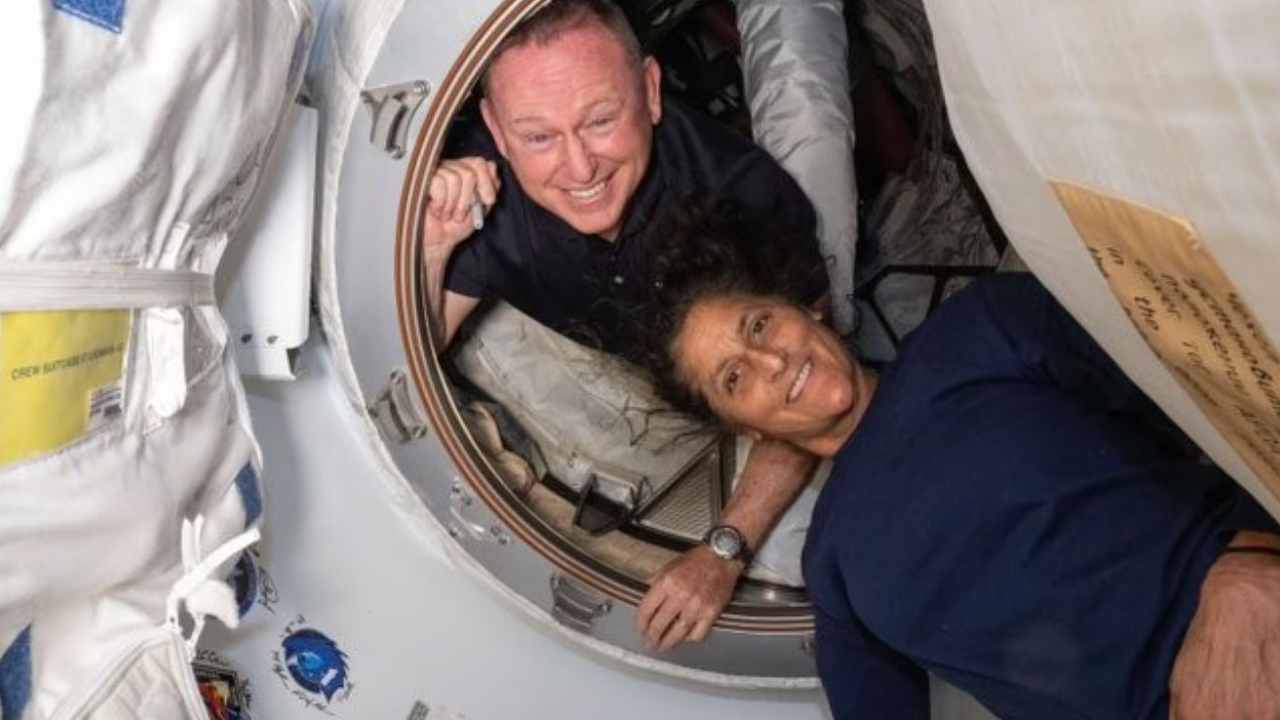Initially launched on June 5 aboard Boeing’s CST-100 Starliner spacecraft for an eight-day mission, their stay has extended to nearly 80 days due to various technical issues with the spacecraft, including thruster failures and helium leaks.
They will now stay on the ISS for another 6 months before they are able to return on SpaceX’s Crew Dragon capsule.
Nasa had been conducting thorough assessments to ensure the safety of the Starliner and its crew. Nasa administrator Bill Nelson, however, said on Saturday the Starliner will now return to Earth uncrewed.
The agency had been reviewing data from both space and ground tests to evaluate the spacecraft’s performance and readiness for the return journey. This included a Program Control Board and an Agency Flight Readiness Review, with the final decision expected after these evaluations.
Big blow for Boeing
The agency’s decision, tapping Boeing’s top space rival to return the astronauts, is one of Nasa’s most consequential in years. Boeing had hoped its Starliner test mission would redeem the troubled program after years of development problems and over $1.6 billion in budget overruns since 2016.
Boeing struggled for years to develop Starliner, a gumdrop-shaped capsule designed to compete with Crew Dragon as a second U.S. option for sending astronaut crews to and from Earth’s orbit.
Starliner failed a 2019 test to launch to the ISS uncrewed, but mostly succeeded in a 2022 do-over attempt where it also encountered thruster problems. Its June mission with its first crew was required before NASA can certify the capsule for routine flights, but now Starliner’s crew certification path has been upended.
Since Starliner docked to the ISS in June, Boeing has scrambled to investigate what caused its thruster mishaps and helium leaks. The company arranged tests and simulations on Earth to gather data that it has used to try and convince NASA officials that Starliner is safe to fly the crew back home.
But results from that testing raised more difficult engineering questions and ultimately failed to quell NASA officials’ concerns about Starliner’s ability to make its crewed return trip – the most daunting and complex part of the test mission.
NASA’s decision, and Starliner’s now-uncertain path to certification, will add to the crises faced by Ortberg, who started this month with the goal to rebuild the planemaker’s reputation after a door panel dramatically blew off a 737 MAX passenger jet in midair in January.
(This is a developing story)
